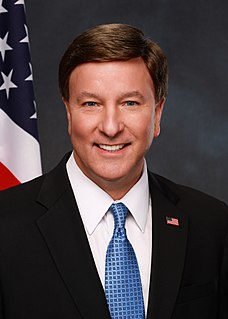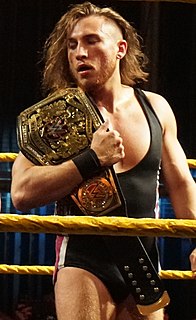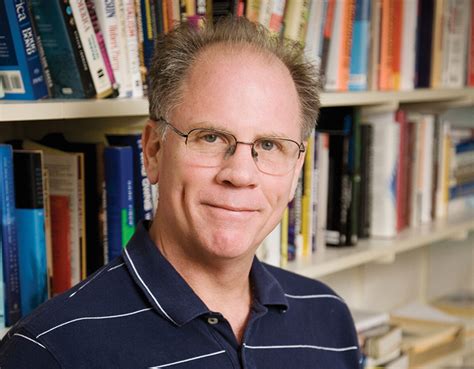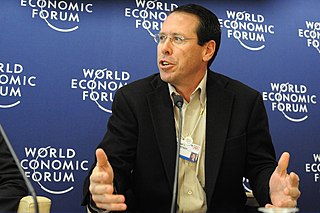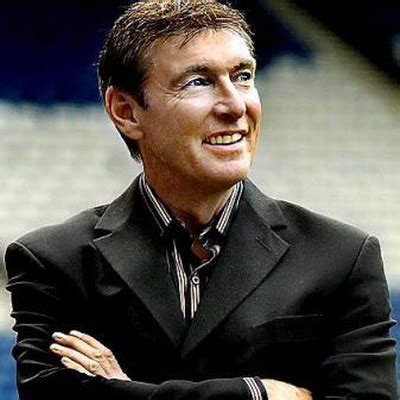A Quote by Jonathan Zittrain
TV broadcasting is owned, in the sense that governments around the world have asserted power over the airwaves that permeate their territories, deciding who can use what bandwidth and why - and those with licenses then, with exceptions determined by regulators, decide what to broadcast.
Related Quotes
There are no violent gangs fighting over aspirin territories. There are no violent gangs fighting over whisky territories or computer territories or anything else that's legal. There are only criminal gangs fighting over territories covering drugs, gambling, prostitution, and other victimless crimes. Making a non-violent activity a crime creates a black market, which attracts criminals and gangs, which turns what was once a relatively harmless activity affecting a small group of people into a widespread epidemic of drug use and gang warfare.
Those who sage as they age view aging not as a hardship but, rather, as a precious gift filled with promise and replete with possibilities. We may age graciously into simplicity and love, allowing the power from our sense of well-being to permeate the atmosphere around us, or we may vault into older age revved up and in high gear.
I'm standing up for the right of self-determination. I'm standing up for our territory. I'm standing up for our people. I'm standing up for international law. I'm standing up for all those territories - those small territories and peoples the world over - who, if someone doesn't stand up and say to an invader 'enough, stop', would be at risk.

